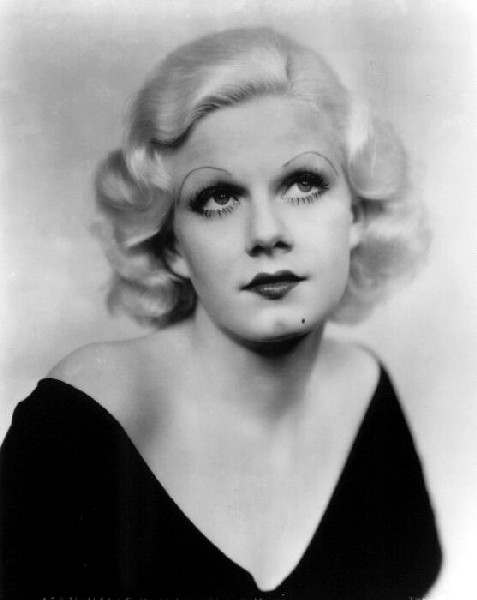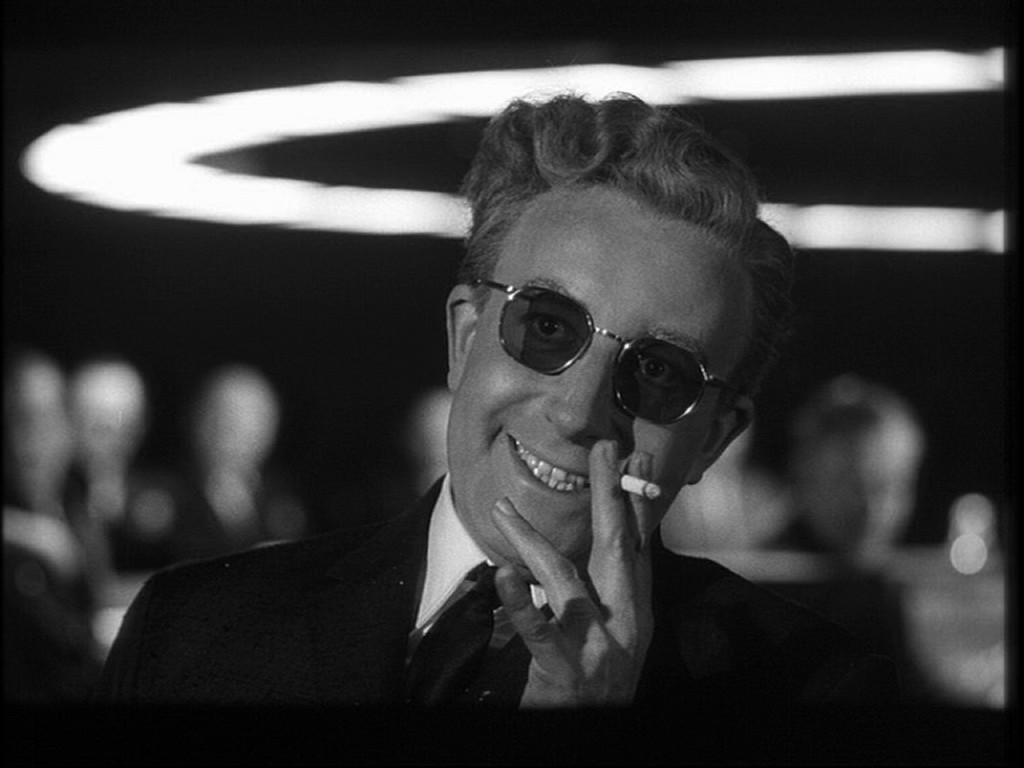

From the Merriam-Webster Dictionary:
adj.
a: fanciful, bizarre b: absurdly incongruous c: departing markedly from the natural, the expected, or the typical
n.
1 a: a style of decorative art characterized by fanciful or fantastic human and animal forms often interwoven with foliage or similar figures that may distort the natural into absurdity, ugliness, or caricature b: a piece of work in this style 2: one that is grotesque
Using the above definitions of grotesque, what passage in the novel comes to mind? There are numerous grotesques present in this novel--name one and using the above definition explain why this person is a grotesque.
For me, Harry Greener is a grotesque. And I'd like to add a bit more to the above definition, by saying, a grotesque is an exaggerated human--and what I mean, especially in the case of Harry, is that he performs the role of the clown on stage and he's unable to abandon the role because the role essentially becomes the man. Harry can't help but play the Vaudevillian performer with all his jokes and gags because the performer (and all his tricks and impressions) are all that is interesting about Harry. Harry the man, the human, no longer exists. He's been performing the same routine day in and day out that he isn't able to stop. If he stops performing, Harry the performer, no longer exists. Performance is his life--literally.
In chapter 11, we see how physically and mentally sick he is. He is 'like a mechanical toy that had been overwound, something snapped inside of him and he began to spin through his entire repertoire' (71). Harry, like so many others struggling in Hollywood, has finally 'snapped' from all the hard, unpaid for, unappreciated work. They're all tragic cases, but for me, Harry sticks out as the most tragic. As a youth, he aspired to 'play Hamlet, Lear, and Othello' (111), but ended up playing Vaudeville. At the end of his life, Harry starving for any sort of attention wanders into bars and drinks and recites poetry--or he goes door-to-door selling a product he made at home, but it isn't about the product, it's about the performance of selling the product. In both instances, even if he's boo-ed or thrown out of the bar or gets a door slammed in his face, he's performed. He has, even if it doesn't go over well, performed in front of an audience, and the audience even if it boos, gives him something.
I found this definition of grotesque (written by Lauren Gibson) on a website called A Glossary of Literary Gothic Terms:
1) This term originated from oddly shaped ornaments found within Roman dwellings, or grottoes, during the first century. From a literary standpoint, this term implies a mutation of the characters, plants and/or animals. This mutation transforms the normal features and/or behaviors into veritable extremes that are meant to be frightening and/or disturbingly comic (Cornwell 273). Example: An example of the term grotesque can be found within the short story "Rappaccini's Daughter." Within the tale, the flowers found within the garden of the inventor have been mutated into beautiful harbringers of death. While the physical features of the plants have grown more exquisite, their interior workings have become a frightening caricature of normal plant-life.
(2) The term grotesque also defines a work in which two separate modes, comedy and tragedy, are mixed. The result is a disturbing fiction wherein comic circumstances prelude horrific tragedy and vice versa.
How are characters, plants, and/or animals mutated in Day of the Locust? Are there instances where a character is mutated into a plant or animal? Can you see man as beast in this novel? Or any instances where plants or animals become characters or given human qualities? And how are these mutations seen? Are they frightening, or are they darkly comic?
Chapter 14 is loaded with the human/animal/nature mutations. The city and all that is corrupt and experienced follows Tod and crew out into the country. We get the beauty of nature and its technicolor extravagance--and we can assume this is the place set designers and decorators want to recreate over in the Hollywood lots (and it's safe to assume many representations of the canyon are buried alive in the 'dream dump'). The beauty of nature is real, but there are hints of the unreal and man-made present when a hummingbird is called a 'ruby bullet' or a flock of birds is referred to as 'metal confetti' (100). Even nature is tainted by the influence of man.
I've also included a photo of Shirley Temple, child star of the 30's and Jean Harlow, another star of the 30's, and many consider to be the first 'sex-pot' (influenced Marilyn Monroe). Being that this book was written in the 30's and came out in 1939, we know that Nathanael West was writing Faye as either a parody of Harlow, or a parody of the many women that now wanted to be Harlow. The character of Adore can be seen as a parody of Shirley Temple, or he could have been satirizing the exploitation of child stars of that time. What do you all think?




3 comments:
I'm not sure how to respond to the Faye comparisons, partly because her character is still a bit too obscure for me to grab a solid choke-hold off, but also because I don't know enough about the people you're comparing her with, as well. As for Harvey, I agree completely. Any man who subjects himself to the "slings and pains" of Vaudeville is at the very least, a person that you don't respect. Combine that: his career, with the image painted of him, i.e. his insane laugh, and torment toward his daughter.. I believe most definitions of Grotesque could easily open up a roster spot for Harry; probably based off his Vaudeville credentials alone.
More importantly though, you also mentioned Harry's dream of someday becoming a Hamlet, Lear, Othello, etcetera. Which, is interesting, not only because they are the complete opposite of the Vaudeville act, but because these characters are universally considered to be 3 of the most tragic heros, ever to take the stage (Or at least Shakespeare's stage). Which makes me wonder.. Are we supposed to imagine Harry, the insane ex-clown, to be this story's hero? I mean, he's wierd, but no wierder than Tod and Homer. Plus Harry has an excuse for being the way he is (If I remember correctly) as the novel pokes into his tragic past, revealing how his slutty girlfriend ruined, or crushed his dreams while at the same time sticking him with Faye to take care of, and raise alone. I could be wrong, but I think there's too much going on here, to simply leave it alone. Is this a stretch, or is this as seemingly clear to me as it is with everybody else?
It seemed to me that Faye's character, at least in the second half of the book, was the conduit through which the male characters sort of transformed and became grotesques themselves. All of the characters are admittedly strange beforehand, true, but when Faye's around they all start to really grow into these interminable shadows. Tod with his consistent obsession and violent rape fantasies, Homer and his endless subservience and disillusionment. The after-party scene directly following the cockfight, with all the males (except Tod, I should say) at first entranced, and then envious, and then violent.
Faye's ambitions are only entertained because she's a sexual object, and as such that's the only way she knows how to survive or get ahead. It's practically instinct to her, as evidenced by the way she licks her lips in a sensual sort of way when she receives a compliment (Don't remember exactly what page that's on), and the half-smile she has in the portrait. She's a one-trick pony, but she doesn't realize it. And in that way, by manipulating those around her into wanting her, and then using that to create a support network for herself full of people who "believe" in her ambitions, Faye is a grotesque.
Also, I don't think she's intelligent enough to curtail her sex appeal into getting what she really wants. The only thing she's been able to accomplish is to create and surround herself with this circle of losers who want to do her.
It's not the fact that Faye is manipulative, Ryan. She barely knows that she does it. It's like she embodies the Bad Girl image of today's Hollywood, really. Or perhaps today's Bad Girls are drawing from Yesteryear. Because Faye is so used to acting a certain way, maybe she feels she's only acting sexy, because that is what is needed in her films. She can't STOP the acting, and that's what causes the problems. She's dripping sex appeal and doesn't realize it. She's a whore, while being an anti-whore. She can work as an "escort" for money, but when Todd propositions her, she says "I can't honey, I don't love you." The fact that she calls him honey in the middle of telling him no is mixed signals in itself. I mean, how many people do you call honey? She's a walking contradiction.
Post a Comment